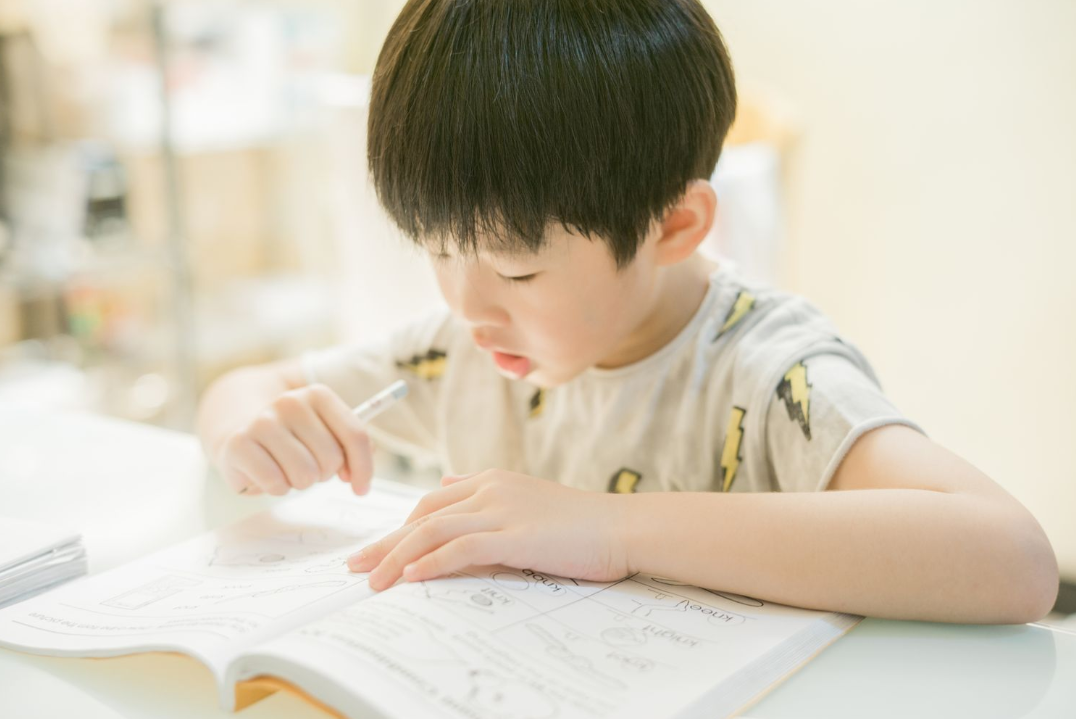The Montessori approach to education has drawn praise for its success in encouraging children’s innate curiosity, independence, and passion for learning. Despite the fact that Montessori education has historically been associated with private schools, its concepts are increasingly being used in public schools, which has caused significant changes in instructional methods. With an emphasis on the advantages for students, teachers, and communities, this case study investigates the consequences of incorporating Montessori concepts into public schools.
Learning that is focused on the individual student
The Montessori educational approach puts a lot of focus on student-centered learning, allowing students to actively participate in their own education. When offered more chances for independent research and decision-making, students feel more in control of their educational experience. When this technique is used in public schools, it encourages individualized learning, which raises student engagement, academic performance, and academic motivation.
Holistic growth and development
It is possible for public schools to create environments that are conducive to holistic development by utilizing the concepts that were developed by Maria Montessori. Individuals who are academically successful and exhibit characteristics that are respected in the 21st century are more likely to be well-rounded when they have opportunities to collaborate, resolve disagreements, and develop life skills. This is because individuals who have these opportunities are more likely to be able to use their knowledge in real-world situations.
Instruction tailored to the needs of each student
The entire development of each student’s social, emotional, and physical well-being is strongly emphasized in the Montessori method of education. Using Montessori principles, public schools are able to design settings that support overall development. When children are able to work together, solve problems, and acquire life skills, they are more likely to be well-rounded people who excel academically and demonstrate qualities that are valued in the twenty-first century.
Community and cooperative work
The Montessori approach to education promotes the growth of a strong sense of community within the school environment. Public schools that have implemented these concepts encourage collaborative learning environments where students assist and learn from one another. When given a sense of accountability for the community that exists within the classroom, students develop their social skills, empathy, and respect. This promotes the growth of a society that is more hospitable and cohesive.
Positive impact on teachers and communities
The introduction of Montessori principles will benefit students, instructors, and the communities that public schools serve. Due to the increased opportunities for independence and creativity, teachers generally report higher levels of job satisfaction. Personalized instruction and student-centered learning lead to students who are more invested in and driven by their own learning and have fewer behavioral issues. As children develop into well-rounded adults, these positive outcomes have an impact on communities outside the walls of the classroom.
The traditional educational model might be radically rewritten if Montessori teaching techniques are incorporated into the regular public school curriculum. By using the Montessori approach, public schools can give their children a more engaging and productive learning environment. Because of the positive effects it has on students, teachers, and communities, the Montessori approach is a potent tool that may be used to transform public education and better prepare students for success in a dynamic and ever-changing world.



